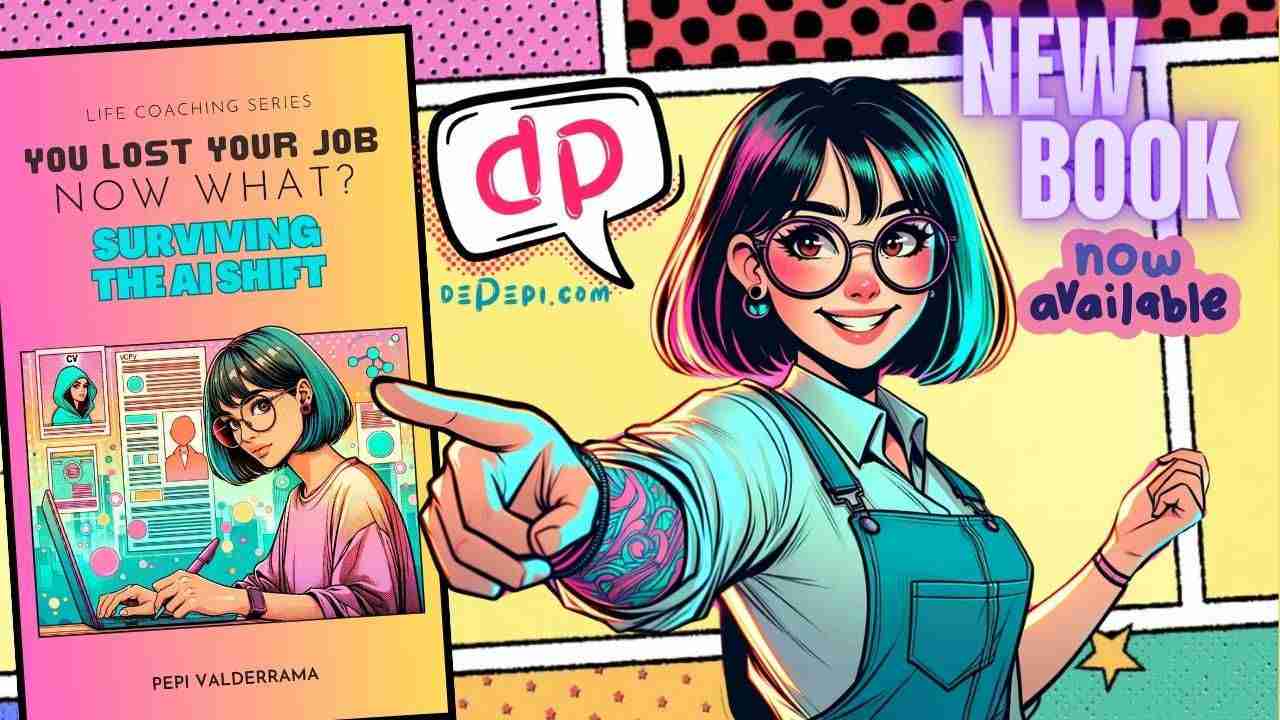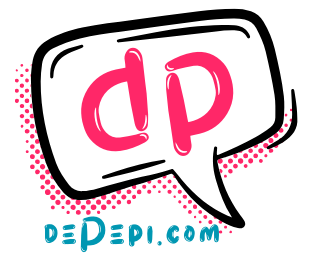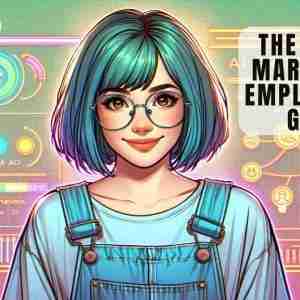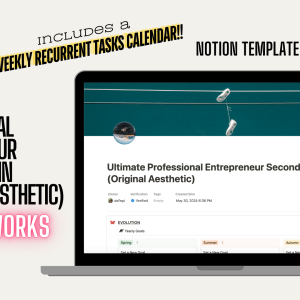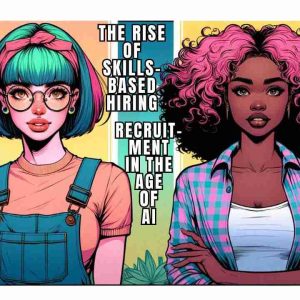AI and HR and Jobs: Challenges and Opportunities
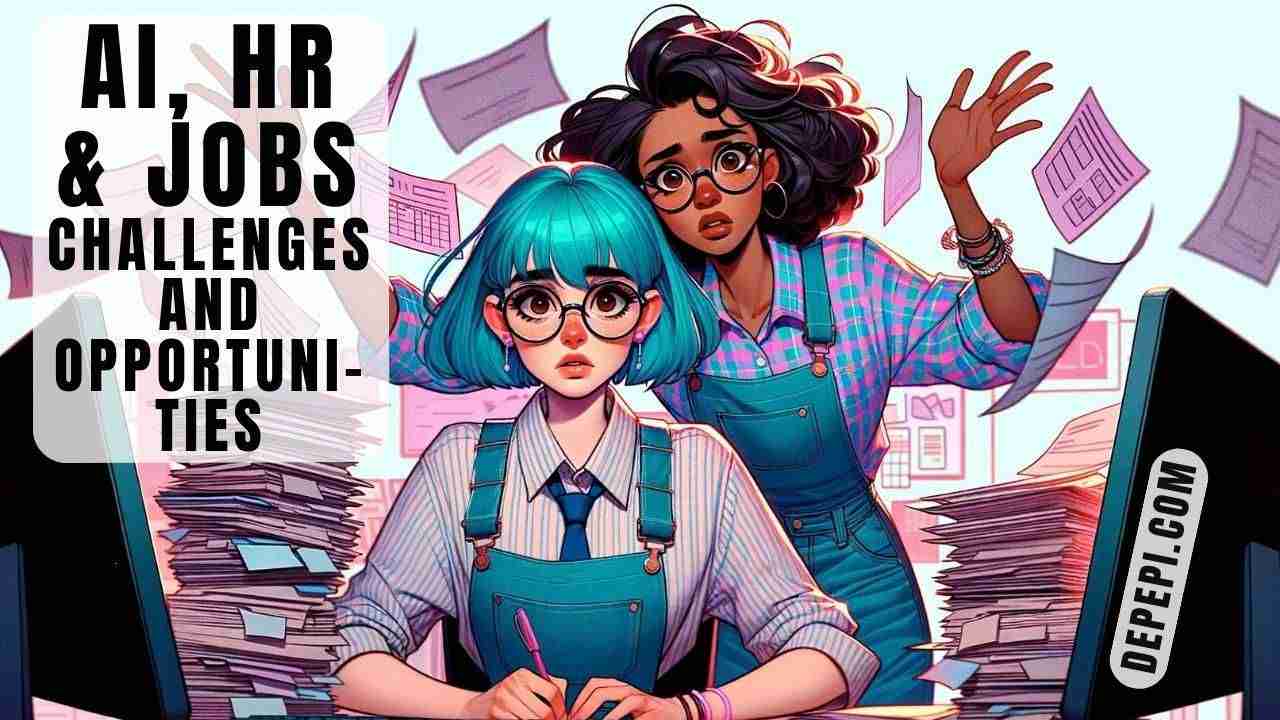
AI and HR are having a rocky affair. And so is AI and jobs. The horizon of employment is shimmering with both promise and challenges. The rapid proliferation of artificial intelligence technologies has initiated a seismic shift in the job market. As HR departments see their workforce trimmed like many other sectors, they are swamped by thousands of applications in turn. They need artificial intelligence to navigate the new landscape. On the other hand, companies are both laying off and hiring new prospects when, in fact, they should be training in many instances. What’s the future of work, then? What can we say about the ethical dimensions of AI deployment? Is there any solution for the time being to land a job in such a landscape? There is! “You Lost Your Job. Now What? Surviving the AI Shift” provides actionable insights and strategies for those standing at the crossroads of AI’s revolutionary path.
AI and the Workforce: A Double-edged Sword
A global survey involving 2,000 C-suite executives has unveiled a startling projection: Artificial intelligence adoption will precipitate a reduction in the workforce within the next five years across thousands of companies. This survey comes from a collaborative study by the Adecco Group and Oxford Economics. It underscores artificial intelligence’s dual role as a disruptor and a catalyst in the world of work.
- 41% of the executives anticipate a decrease in employee headcount due to AI, but
- 46% plan to redeploy affected employees internally, and a significant majority express intentions to hire AI-skilled personnel.
This dichotomy portrays artificial intelligence as a great disruptor yet simultaneously a harbinger of unprecedented opportunities. The challenge lies in harnessing artificial intelligence’s potential to augment human capabilities rather than replace them, emphasizing the need for reskilling and redeploying teams to navigate this technological leap.
Pressures and Expectations
The surge in demand for generative AI projects places immense pressure on IT departments, with a mere 16% of organizations prepared with policies for AI’s ethical use. Expectations surrounding AI’s integration outpace the actual capacity to support its implementation. The crucial task now falls on HR professionals to draft policies that define the contours of generative artificial intelligence’s application within companies, ensuring its alignment with organizational ethics and human values.
If your organization’s HR department is having trouble, you can contact me here. We can find a solution together to organize the draft of policies and training within your workforce.
The Role of HR in This Crucial Time
The Valoir research sheds light on HR’s pivotal role in facilitating AI’s integration into the enterprise. With artificial intelligence adoption rates soaring in areas like recruiting, talent management, and learning development, HR leaders face the daunting task of mitigating potential risks associated with artificial intelligence, such as bias, data compromises, and the erosion of trust. These challenges call for a comprehensive framework encompassing vendor selection, policy formulation, and robust training programs to prepare the workforce for an AI-driven future.
A Guide Through this Tech Revolution
In this era marked by rapid technological advancements and shifting employment paradigms, “You Lost Your Job. Now What? Surviving the AI Shift” stands as a crucial guide for individuals grappling with the implications of AI on their careers. The book offers a comprehensive strategy for understanding artificial intelligence’s impact, identifying new opportunities, and adapting to the changing job landscape. It emphasizes the importance of lifelong learning, resilience, and the proactive acquisition of AI-related skills as indispensable tools for career survival and growth.
Be Positive
As we stand on the precipice of the AI and jobs revolution, the journey ahead demands a balanced approach. The collaboration between tech giants to study AI’s implications, coupled with AI and HR’s critical role in facilitating ethical AI adoption, signals a collective move towards a future where technology and human ingenuity coalesce. “You Lost Your Job. Now What? Surviving the AI Shift” illuminates this path, offering hope, guidance, and the promise of a future where artificial intelligence amplifies human potential rather than diminishing it.
“You Lost Your Job. Now What? Surviving the AI Shift” is free on Kindle Unlimited. It’s a roadmap for job seekers to navigate the new realities of the AI-enhanced job market. By understanding how to use AI to your advantage while maintaining your individuality and integrity, you can stand out to employers and navigate this technological shift with confidence and success.
Need extra guidance? Get Enhance Your Resume With AI—The Guide now. It’s packed with prompting techniques and examples, best practices, and more!
